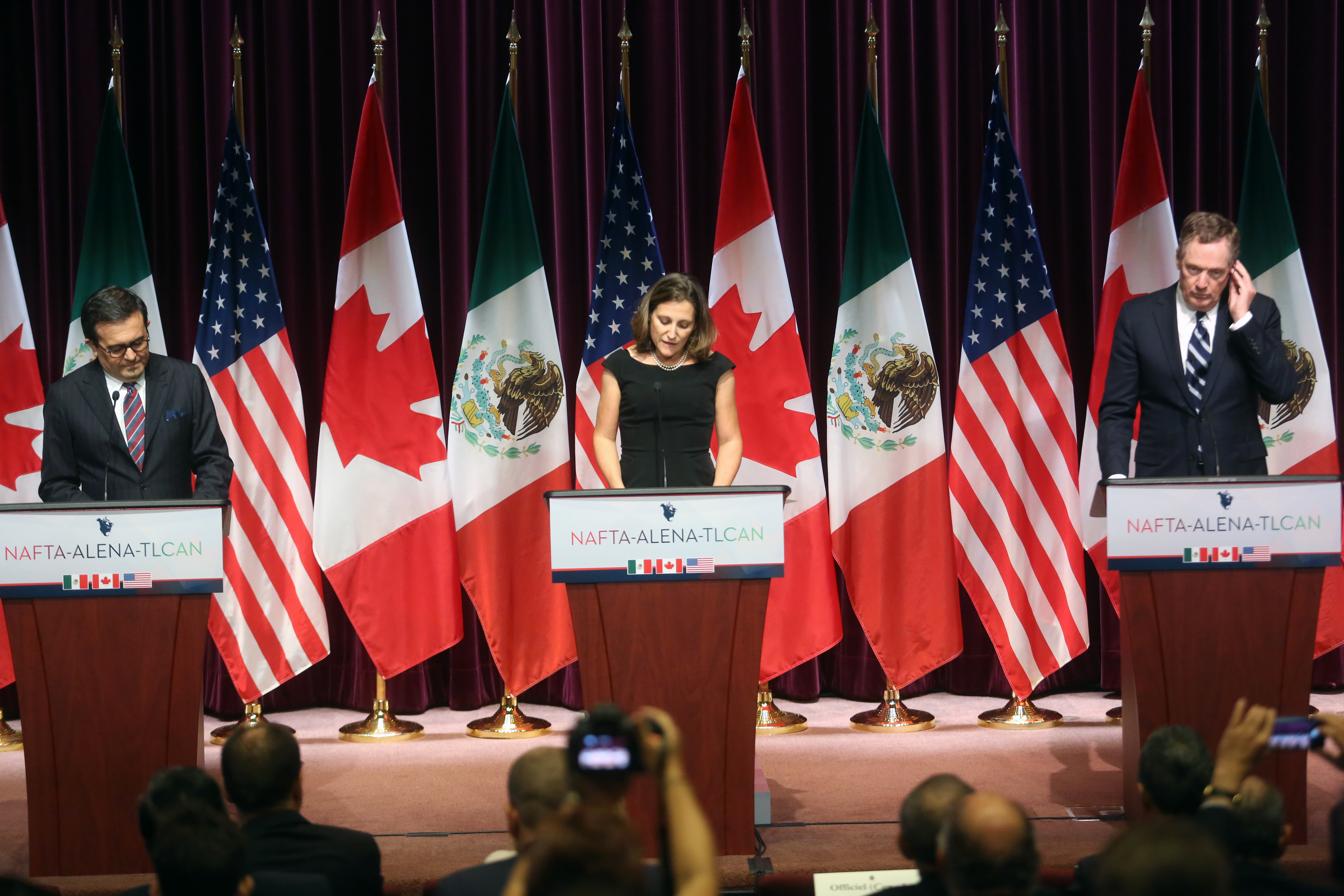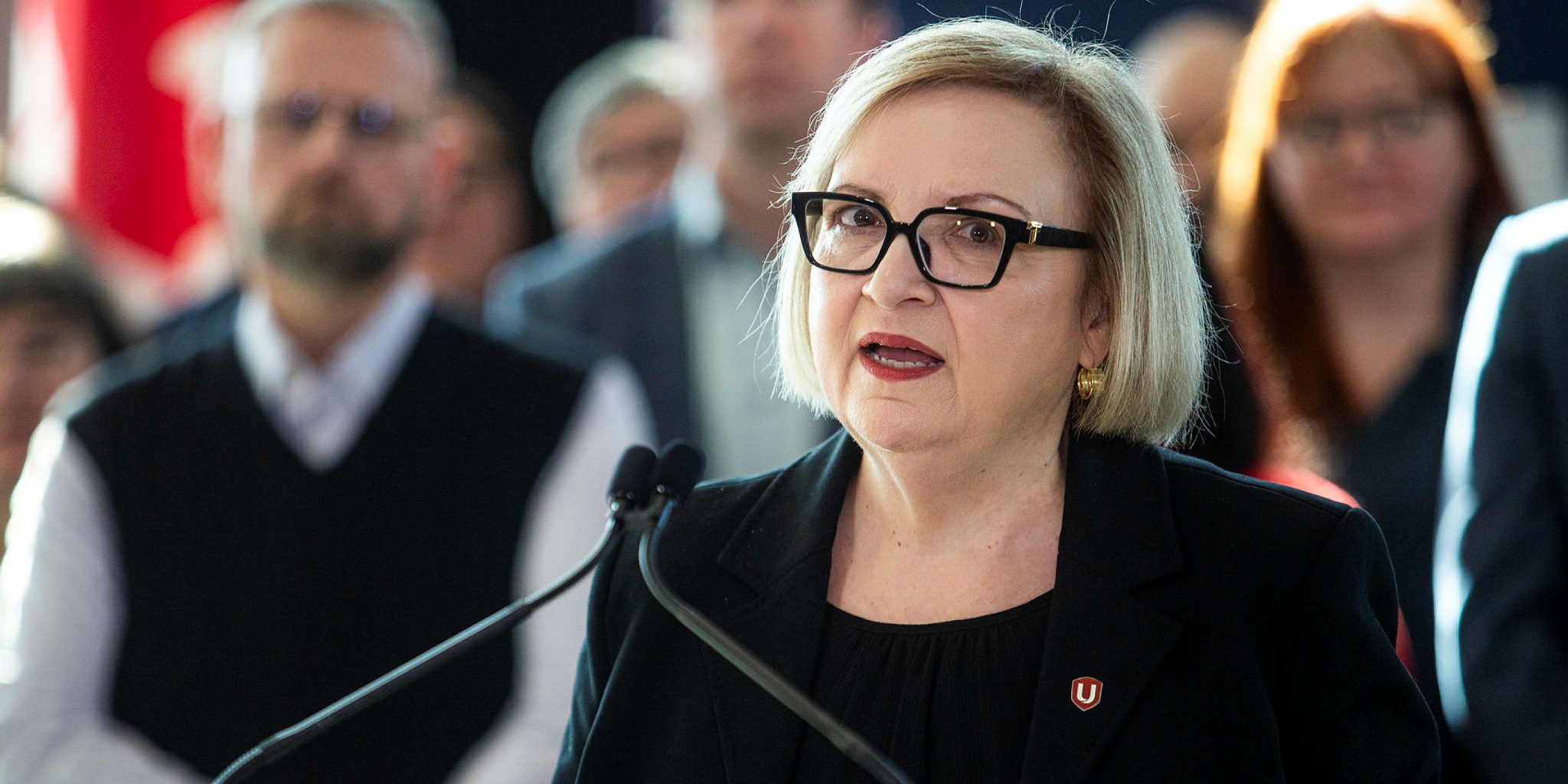
Bell asked gov’t to ban some VPNs: documents
Broadcast | January 23, 2019
BCE Inc. urged the federal government to make virtual private networks (VPNs) used to circumvent copyright illegal, ahead of the renegotiations of the North American Free Trade Agreement (NAFTA).
VPN services, normally offered at a monthly rate, mask users’ real IP address via encryption, allowing them to surf the internet without being traced. It is a tool used by some users to maintain privacy and security, but is also used to get around regional content blocks.
“Canada should seek rules in NAFTA that require each party to explicitly make it unlawful to offer a VPN service used for the purpose of circumventing copyright,” it said in the July 2017 document. Bell also said the trade agreement rules should allow rights holders to enforce this rule, and to “confirm that it is a violation of copyright if a service effectively makes content widely available in territories in which it does not own the copyright due to an ineffective or insufficiently robust geo-targeting system.”
The government never made the comments it received during the consultations public. The Wire Report accessed Bell’s submission through an Access to Information request. The company did not respond to questions on Wednesday afternoon about whether it still wants the government to put such a ban in place.
The ask didn’t go anywhere, though the new United States-Mexico-Canada Agreement (USMCA) announced in the fall of 2018 did have a big win for Bell in that it overturned the 2015 CRTC decision banning simultaneous substitution for the Super Bowl.
Soon after its comments were submitted, Bell pivoted away from a focus on VPNs, in favour of the FairPlay coalition’s plan to block infringing websites. During its September 2018 appearance in front of a House committee in which it first floated the idea that would become FairPlay, VPNs didn’t come up. Bell didn’t repeat its VPN request during its defence of the plan at the CRTC, when critics argued that people could easily use VPNs to circumvent website-blocking.
University of Ottawa professor Michael Geist was among those who predicted, in a February 2018 blog post, that should the website-blocking plan be implemented and the use of VPNs increase as a result, there would be increased calls to block VPNs.
While the CRTC ultimately decided it had no jurisdiction to implement the FairPlay proposal, companies have re-raised site-blocking proposals to MPs.
Bell first took aim at VPNs in 2015, with then-Bell Media president Kevin Crull telling The Wire Report the use of VPNs to “cheat and to hide the geography in which you are consuming the content” is “wrong.” Netflix Inc. has since been cracking down on the practice.
A government-commissioned study last year found 21 per cent of Canadians reported using a VPN, with 32 per cent of that saying they used the technology to get content not available in Canada.
— With reporting by Anja Karadeglija at akarad@thewirereport.ca and editing by Ahmad Hathout at ahathout@thewirereport.ca




